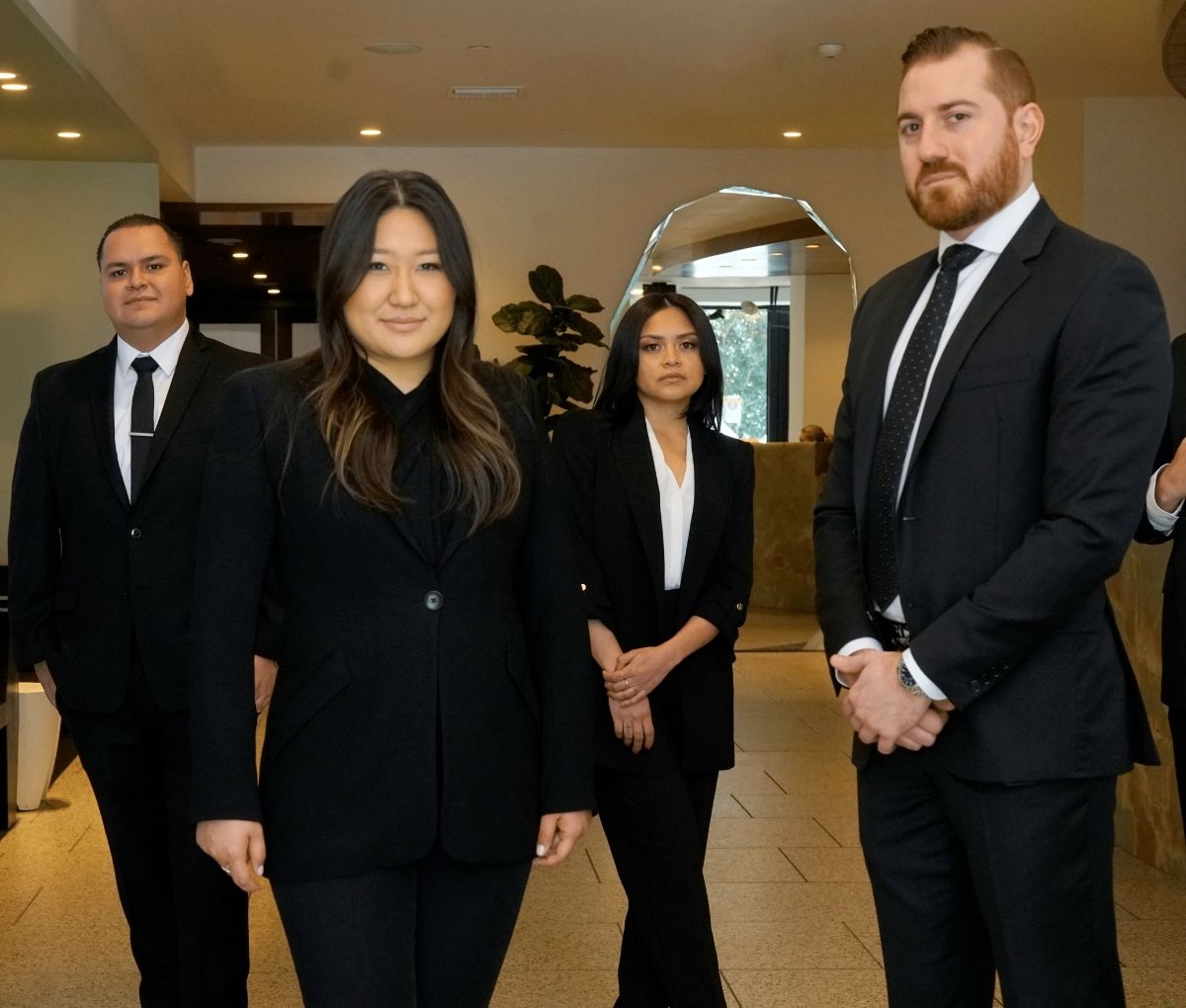California Lemon Laws
Lemon Law
Contact Our Team
"*" indicates required fields
Client Reviews
Purchasing a vehicle, whether new or used, is one of the most important acquisitions consumers make. The majority of new cars come with an express manufacturer’s warranty, which gives buyers certain rights if the vehicle does not perform as intended. This car warranty is built into the price of the motor vehicle sold. Dealerships may also sell service contracts—also known as extended warranties—for both new and used vehicles. Some service contracts are very protective at a reasonable cost, while others have exclusions that make them practically useless.
Warranty law is complex. Speaking with an experienced California lemon law attorney can help you understand your rights in the unique circumstances of your case.
What is California Lemon Law?
Under California’s Lemon Law (Civ. Code, § 1793.2 et seq.), you are protected if your car is faulty and can’t be fixed after a reasonable number of repair attempts.
The Lemon Law protects cars bought or leased in California that are still covered by a manufacturer’s vehicle warranty. Under the Lemon Law, if a manufacturer is unable to repair a problem after a “reasonable” number of repairs and does not meet its obligations under the warranty, it may be required to buy back or replace your car.
Frequently Asked Questions Regarding California Lemon Law
Does my vehicle qualify under California Lemon Law?
Your vehicle qualifies under California Lemon Law if it has a defect that your dealership has been unable to repair. The law only applies if the dealership has been given an ample number of chances to repair your vehicle within the warranty period.
What’s the time limit for California Lemon Law?
California Lemon Law does not stipulate that the repairs happen within the first 18 months or 18,000 miles of usage. California’s Lemon Law applies if your defective vehicle is within the warranty period of the vehicle.
How many times does my dealer need to attempt to repair my car before I have a California Lemon Law claim?
Dealerships must be given a reasonable number of opportunities to repair a defect. The law does not require a certain number of times, but normally follows these guidelines: An unrepaired defect qualifies after four visits. However, if the defect presents a safety issue that may cause an accident, injury, or death, then two attempts may suffice. Also, if a vehicle spends a total of over 30 days being repaired, then it may satisfy the requirements of California Lemon Law. Because of the flexibility of the California Lemon Law, it’s important to work with professionals who understand all the intricacies of your case.
If my vehicle qualifies under California Lemon Law, what can I expect?
If your vehicle falls within the provisions of California Lemon Law, then you will be entitled to a refund of the down payment and monthly payments, and to have your vehicles’ financing loan paid in full. You will also be entitled to reimbursement of unintentional damages like rental cars, repairs, and towing costs. Some manufacturers offer to replace your vehicle with the same or similar model instead of refunding your money. The manufacturer will be entitled to deduct for the mileage you drove on the vehicle before it was taken in for repairs. Some warranties outline that your manufacturer is responsible for your legal fees as well.
Does California Lemon Law apply to used or leased vehicles?
Yes, California Lemon Law applies to your used or leased vehicle so long as the repairs fall within the original or extended warranty period. Learn more about used car lemon law here.
Does the California Lemon Law apply to other types of property?
The California Lemon Law can apply to all consumer goods, including motorcycles, boats, and recreational vehicles. Speak with a legal professional to examine the strength of your case.
Does the California Lemon Law state that I have to arbitrate?
California Lemon Law doesn’t require you to arbitrate. However, the manufacturing agreement of your particular car may outline that you do so. You don’t need a lawyer to arbitrate your case. It can be in your best interest to seek legal advice beforehand, though.
Can I resolve my lemon case without going to court?
Many cases are resolved without going to court because manufacturers would rather not go to court for a case that they know they will lose. Going to court will require time and money that they’d rather avoid.
What happens if my manufacturer goes bankrupt? Are they still liable according to California Lemon Law?
Bankruptcies do not prevent a manufacturer from being liable in California Lemon Law. Once a company emerges from bankruptcy protection, the companies have to assume all warranty liabilities.
California Lemon Law statistics
- The National Traffic and Motor Vehicle Safety Administration has recalled more than 390 million cars, trucks, buses, RVs, motorcycles, and mopeds. They have also recalled 46 million tires, 66 million pieces of vehicle equipment, and 42 million car seats due to safety defects.
- There are over 15 million cars produced each year, and approximately 150,000 of those vehicles are lemons.
- Toyota ranks number one of all car manufacturers for the least amount of reported lemons produced. Toyota produces one lemon for every 11 million vehicles.
- Honda ranks number two and produces a lemon every 2 million vehicles.
- Fiat was ranked last because there is one reported lemon for every 76,000 vehicles produced.
If you have additional questions, contact us online or call (310) 627-2665 to schedule a free consultation.
The Advocacy You Deserve
Why Choose Cali Lemon Lawyers?
99% Success Rate
No Upfront Costs
Serving All of California
Millions Recovered
Available 24/7/365
Same-Day Appointments

Our Passion Is Fighting for Your Protection
Get to know the team who will guide you through the process.
Proudly Serving The Entire State of California
Cali Lemon Lawyers by Prestige Legal Solutions, P.C. is California’s leading lemon law firm.

